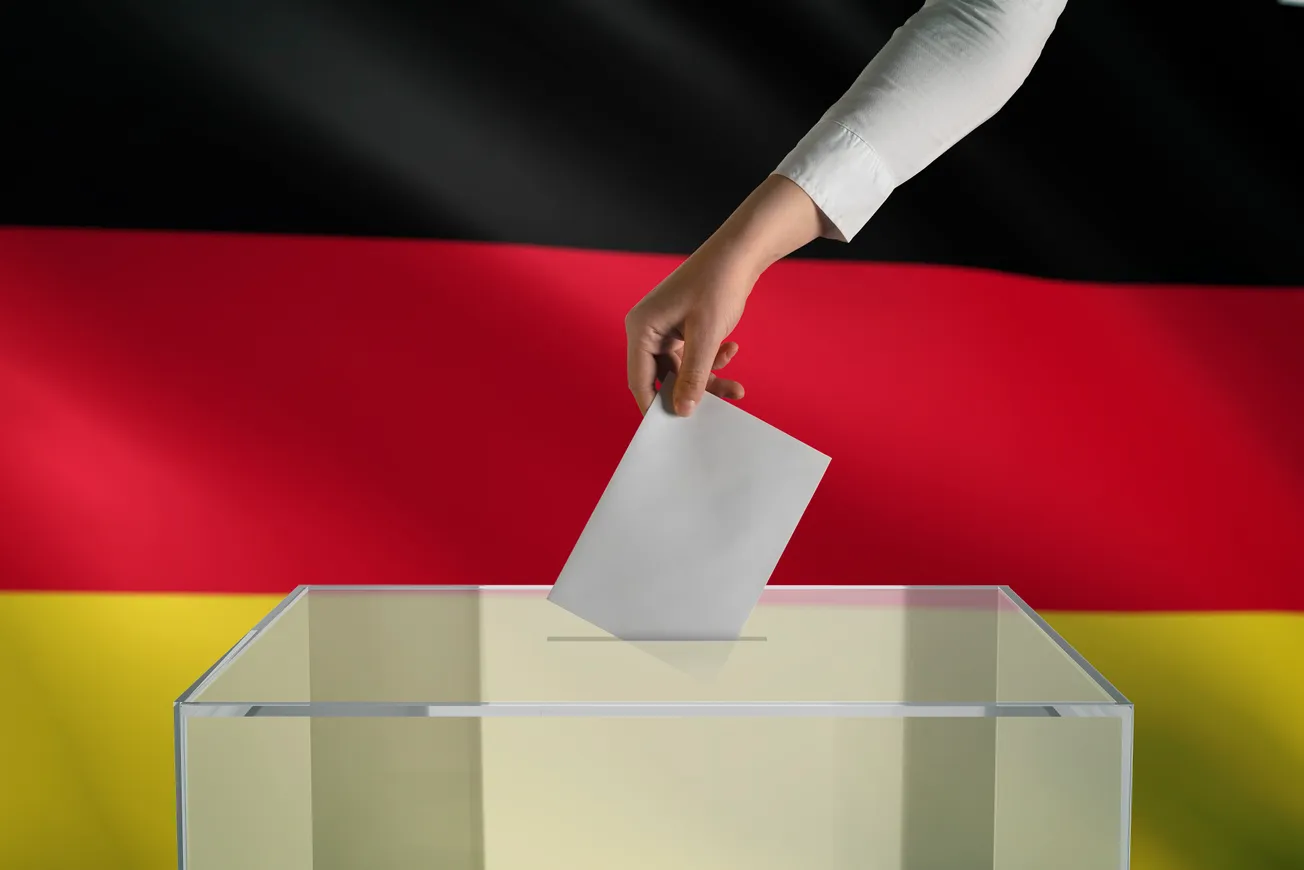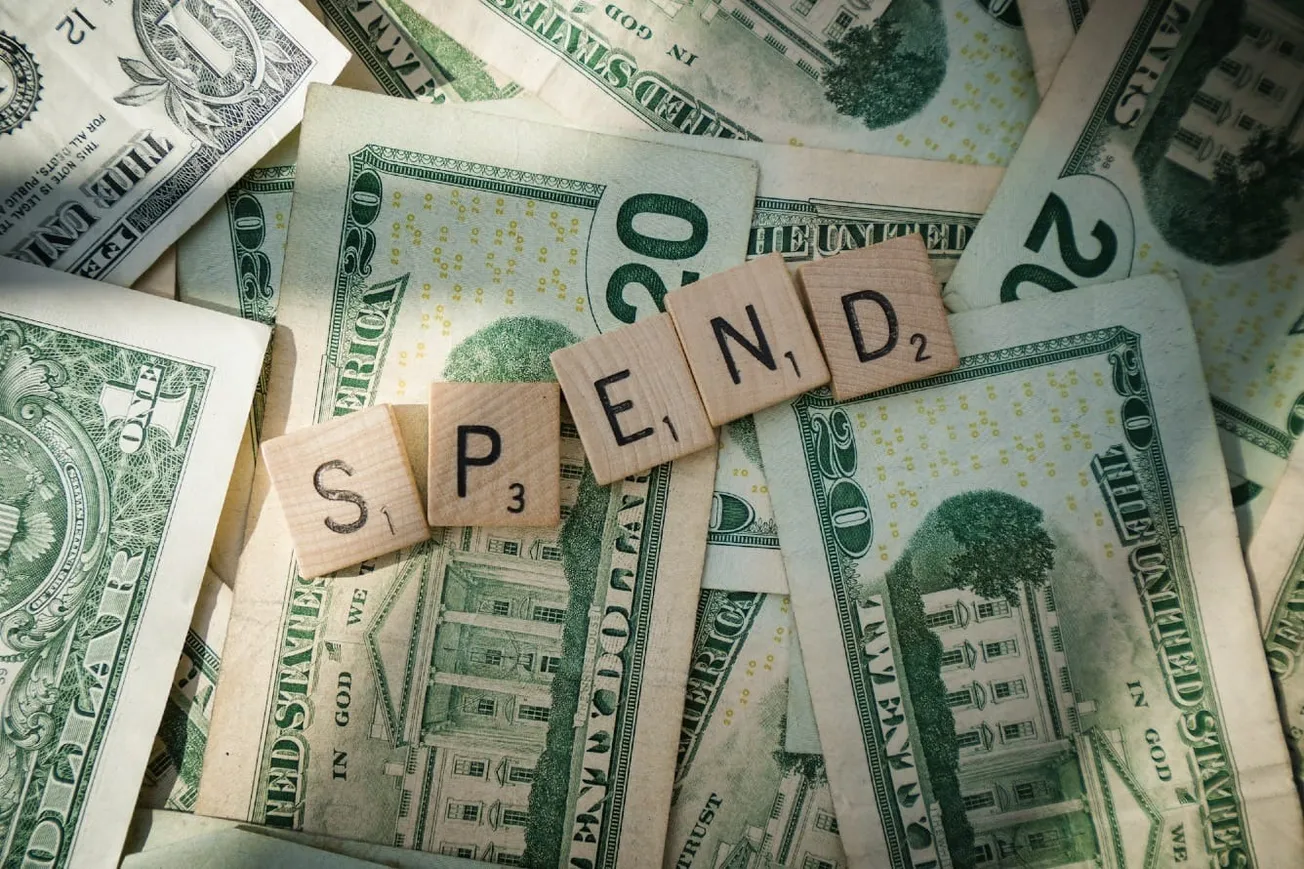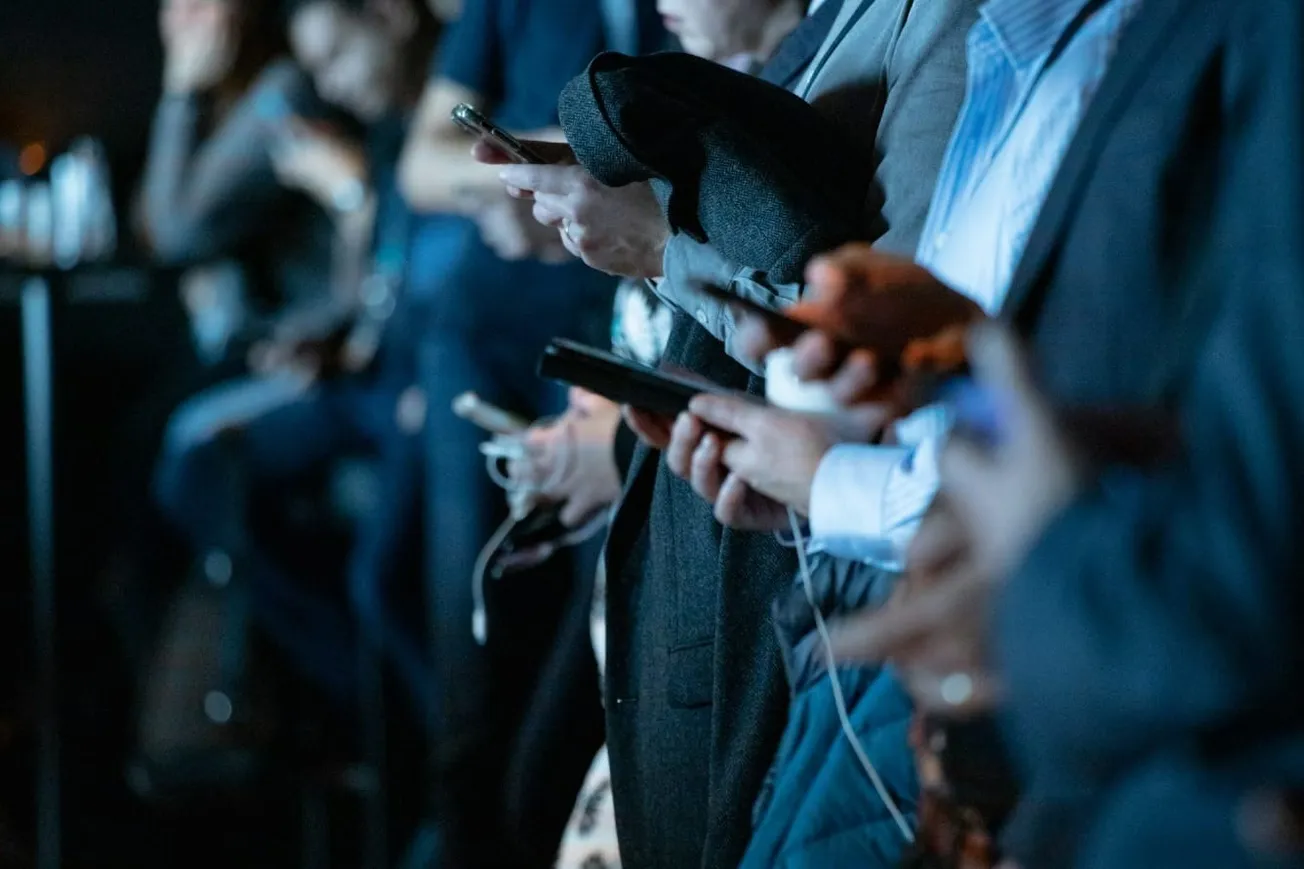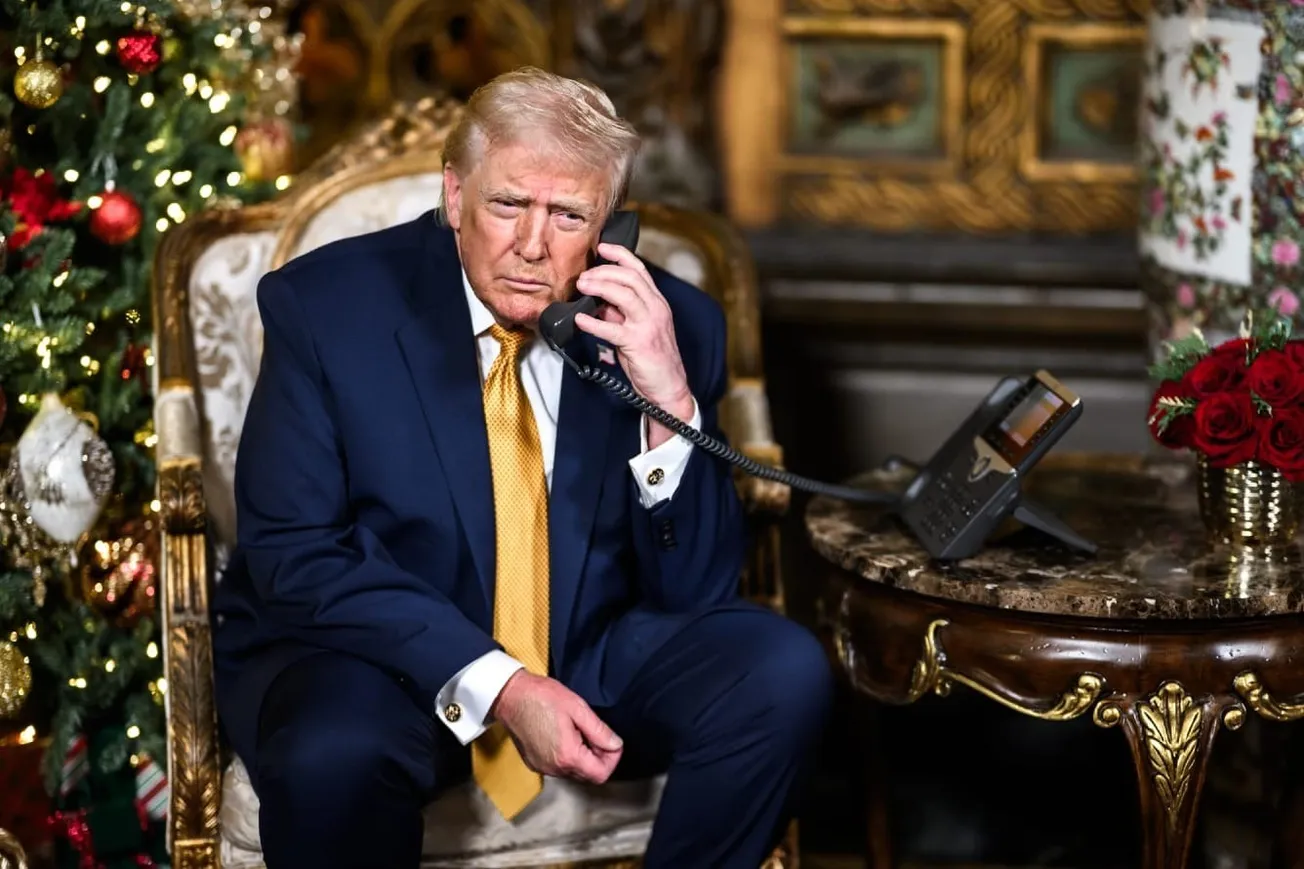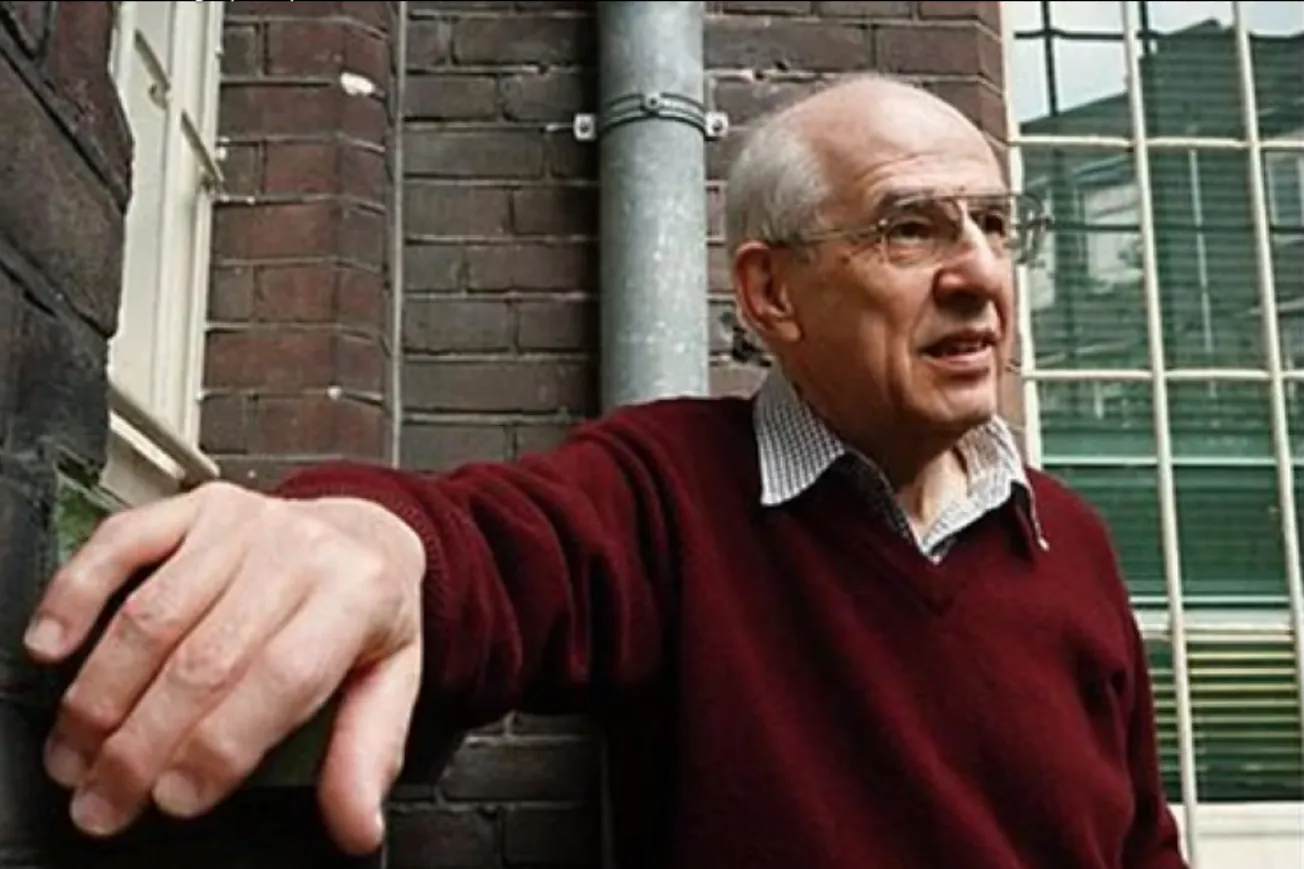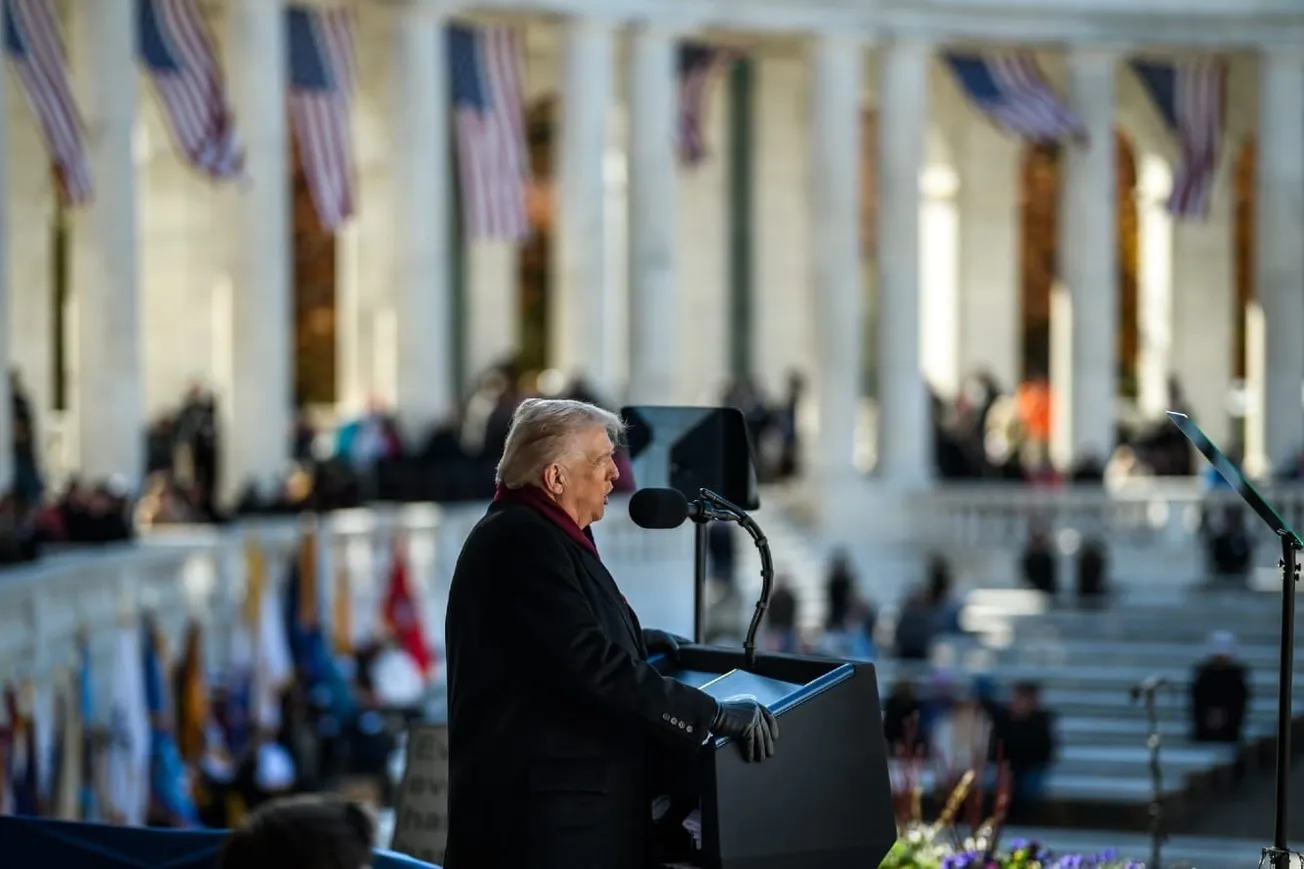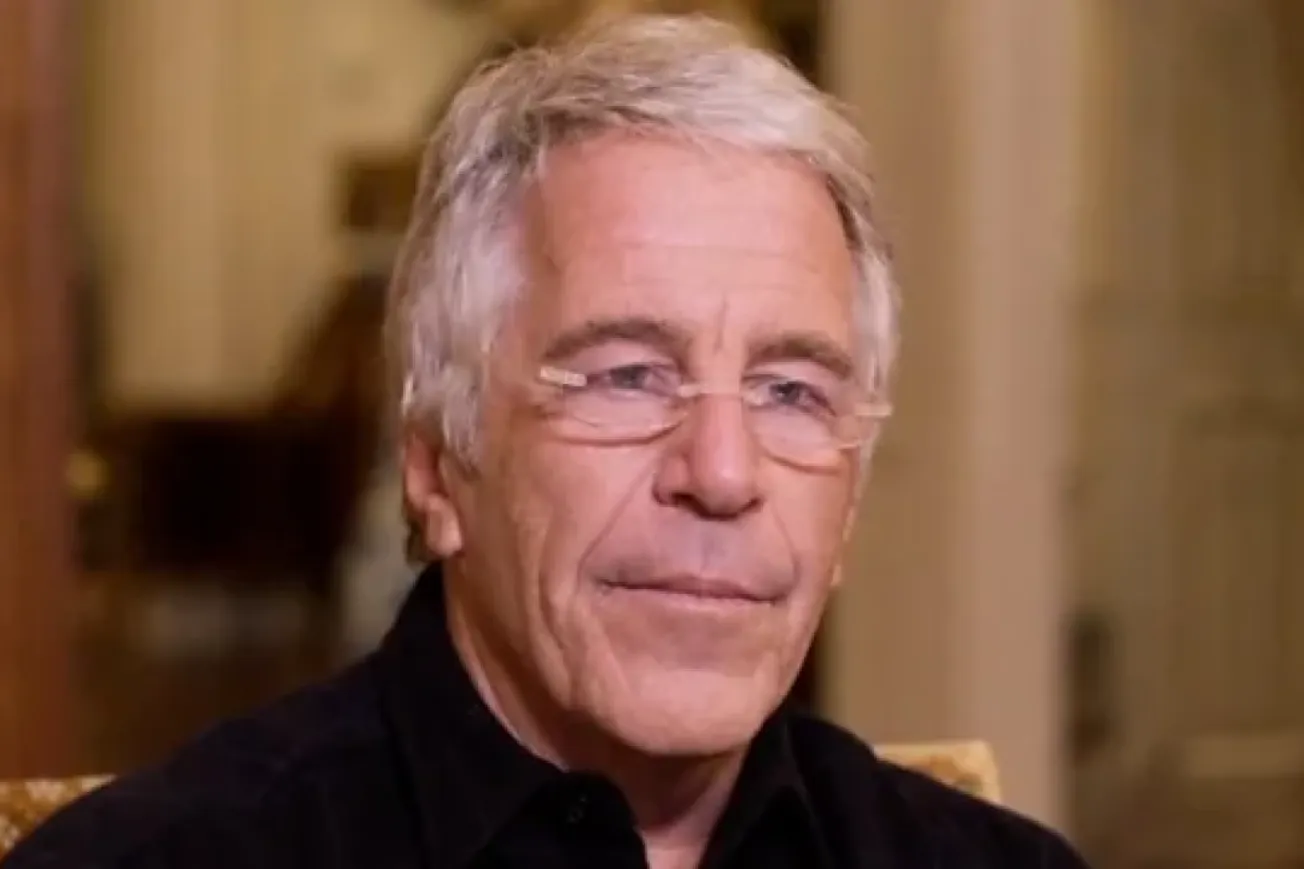Germany heads to the polls on Sunday; the outcome could be as consequential to Europe's future as the last election was to America and the rest of the world.
In December, the center-left coalition government led by Chancellor Olaf Scholz collapsed, forcing him to call snap elections.
Three parties are vying for power:
Christian Democratic Union/Christian Social Union (CDU/CSU): Often referred to as the "Union," it is a center-right alliance. The CDU operates in all of Germany except Bavaria, where the CSU, its sister party, is active. Its leader Friedrich Merz is a strong supporter of Ukraine.
Social Democratic Party (SPD): Led by Chancellor Olaf Scholz—who is running again but is not polling well-the SPD is a center-left party.
Alternative for Germany (AfD): A conservative party, AfD has seen significant growth in recent years. It is expected to achieve one of its best results, focusing on anti-immigration policies and Euroskepticism. Elon Musk, the billionaire tech entrepreneur and owner of X, publicly endorsed it by posting on his platform: "Only the AfD can save Germany." In Munich last week, Vice President J.D. Vance met with Alice Weidel, AfD's co-chairwoman and the party's candidate for Chancellor. Vance did not meet with Scholz, clearly signaling who the Trump administration would prefer to lead Germany. The German political establishment is decidedly against AfD, just as the American Deep State is against the MAGA movement.
At a television debate a few days ago, Friedrich Merz scolded Alice Weidel on the topic of Russia-Ukraine: "No, we are not neutral, Mrs. Weidel! We are on the side of Ukraine. These are the people we support." He went on to say, Kamala Harris style, "I will do everything I can to prevent them (AfD) from ever getting their hands on political responsibility in this country." It was Merz's "Never Again!" moment on national television.
The last week has fundamentally transformed the German electoral landscape, bringing Russia and Ukraine back into the center of political discourse. Under Scholz, Germany lost its focus as it chased a pan-European vision for globalization, subservient to the United States. It expanded the military budget to hundreds of billions of dollars to support Ukraine, sending weapons and equipment to the beleaguered country. Scholz cut off the umbilical cord of cheap and limitless Russian energy and caused Germany to relinquish its innate leadership in innovation, engineering, and manufacturing, all of which had positioned Germany on the world map as one of the wealthiest countries.
Economic matters were front and center until last week, and the elections were seen as a referendum on Scholz's stewardship of the German economy, which continues to be in a recession. The German auto industry, a cornerstone of its might, has suffered irreversible consequences. As manufacturing costs rose under Scholz, the country's automakers, slow to embrace electric vehicles, have been steadily losing business to Chinese and American competitors. Volkswagen, the country's largest employer with an 87-year history, for the very first time announced that it planned to shut at least three factories in Germany, laying off tens of thousands of staff, and shrink its remaining plants.
Latest polling underscores Germany’s shifting political landscape, with CDU/CSU leading at 30% and AfD surging to 21%, while Scholz’s SPD struggles at 15%. With no single party likely to secure a majority, coalition-building will be crucial, making Ukraine and economic concerns central to post-election negotiations.
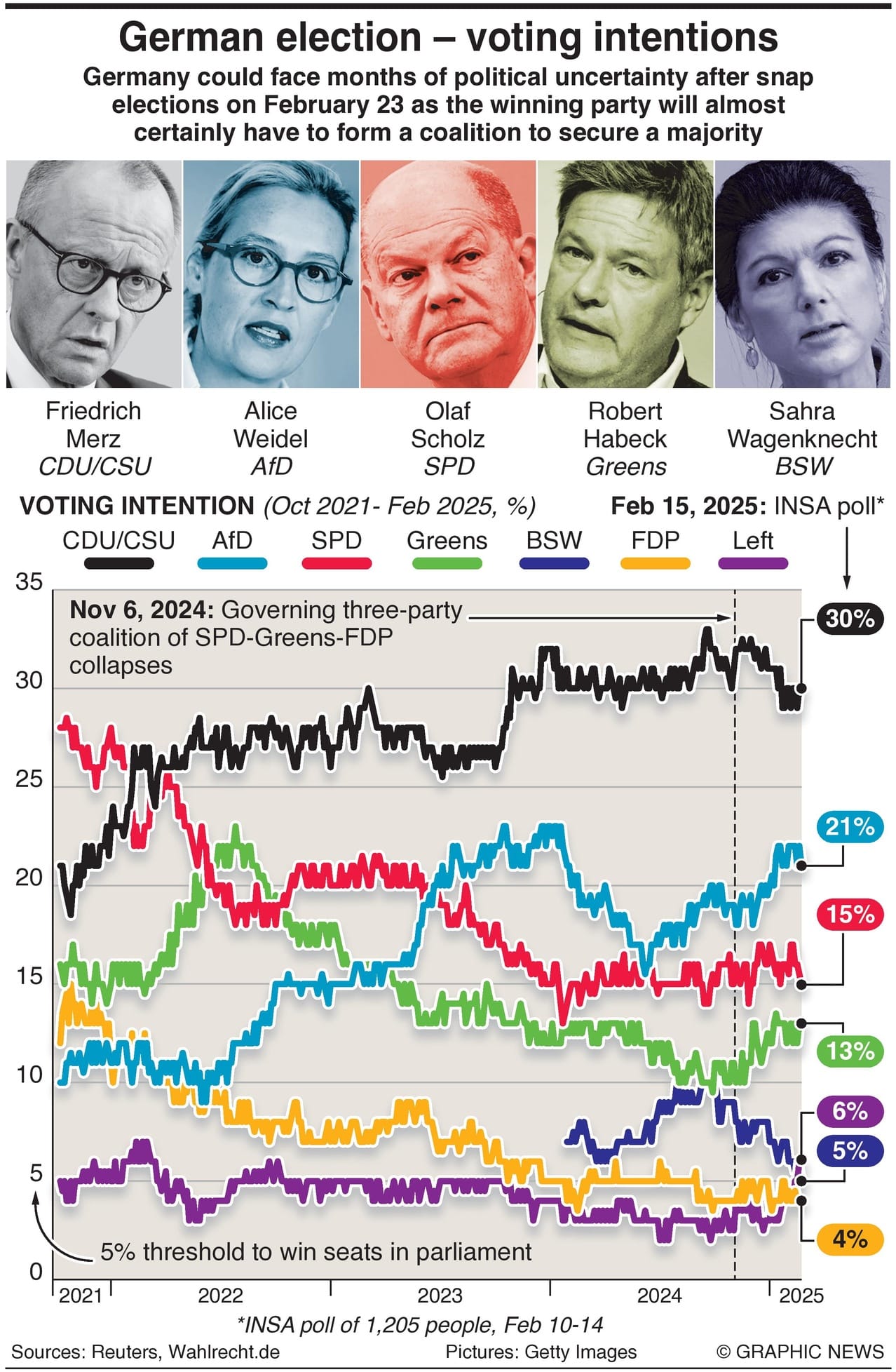
According to a September survey published by Infratest Dimap, Scholz's popularity ratings were some of the lowest ever recorded by a German leader, at just 18%. In November, the German broadcaster DW described Scholz's government as the most unpopular in the country’s postwar history.
So what happened last week? The German political establishment was stunned when President Trump said he had spoken with President Putin for nearly 90 minutes. Under Scholz, Berlin has spent most of its efforts on isolating Putin diplomatically, imposing sanctions on Russia, and sending weapons and aid to Ukraine. Overnight, the European order changed when Trump spoke with a person whom the West had spent three years to cast as a pariah. Then, there was Vice President Vance’s speech in Munich, where he criticized Europe for its free speech restrictions but never discussed Ukraine and Russia. Finally, the State Department announced that America's top diplomat, Marco Rubio, and two other officials, would meet with Russian counterparts in Riyadh. Europe and Ukraine weren't invited to the meeting.
At a press conference in Washington, Trump even raised the prospect of Putin returning to the G8. Russia was part of the G8 from 1997 to 2014. To the liberal elites, Trump's comment was a shocker. For eleven years, since Putin annexed Crimea, Western leaders have tried to sideline and weaken Russia. The only other constant in the equation has been Ukraine.
So deep is the German political establishment's hatred for Russia that they forget that even as recently as twenty years ago, Russia was considered a ‘reliable economic partner’ of Europe. Gerhard Schröder, who was the Chancellor of Germany from 1998 to 2005, had a notably friendly relationship with Putin, even celebrating birthdays and holidays together.
Schröder advocated for a policy of "change through rapprochement," believing that economic ties could lead to political and social reforms in Russia.
Vladimir Putin spoke about the vision of a "common economic and humanitarian space" from Lisbon to Vladivostok in speeches and discussions during the early 2000s. In his 2001 Bundestag speech, in Germany, he offered EU countries a security partnership with Russia. France and Germany have referenced this idea at various times. Angela Merkel, as German Chancellor, and French President François Hollande were involved in discussions about this vision, particularly in the context of the Minsk Agreements of 2014-2015, which aimed at resolving the Ukraine conflict. However, these discussions focused more on peace negotiations than on a formal announcement of an economic partnership.
Events in Ukraine, however, have consistently undermined such a vision, as both the West and Russia have continued to influence political outcomes in Kyiv. It all began with the Orange Revolution in 2004-2005 when the West alleged that elections in Kyiv had been rigged following the victory of the pro-Russian candidate. A re-do of the election brought a pro-Western leader to power. The 2014 Maidan revolution was another example when a duly elected, pro-Kremlin Ukrainian leader was ousted by street protests in Kyiv funded by Western intelligence agencies and the US Agency for International Development.
Back in Germany, where coalition governments rule the day as a result of the proportional representation system, the actual government formation in Berlin will depend on post-election negotiations. However, every discussion during the horse-trading will have an elephant in the room: Ukraine.
TIPP Picks
Selected articles from tippinsights.com And More
1. Trump’s Judicial Foes Set Themselves Up For Utter Humiliation—Josh Hammer, DCNF
2. Can We Really Cut Half Of The Military Budget? You Bet!—Ron Paul, The Ron Paul Institute for Peace and Prosperity
3. Will Donald Trump Punish The UK For Its Meddling In Two US Presidential Elections?—Larry C. Johnson, The Ron Paul Institute for Peace and Prosperity
4. Purchasing Power And The International Demand For Dollars—Frank Shostak, Mises Wire
5. Common Sense, Then And Now—George Ford Smith, Mises Wire
6. Trump Admin Brings First Major Appeal To Supreme Court—Katelynn Richardson, DCNF
7. Kash Patel Is Already Making Beltway Bandits Sweat—Morgan Murphy, DCNF
8. Andy McCarthy Scoffs At Dem AGs Claiming Trump’s DOGE Has No Right To Do Its Job—Nicole Silverio, DCNF
9. Joni Ernst Introduces Bill To Scale Back Taxpayer-Funded Perks For Ex-Presidents Who Are Rolling In Dough—Harold Hutchison, DCNF
10. Netanyahu To Rubio: Let’s ‘Finish The Job’ Against Iran—Tyler Durden, Ron Paul Institute for Peace and Prosperity
11. MSNBC Trots Out 2 Trans Kids In Attempt To Dunk On Trump For Protecting Women’s Sports—Harold Hutchison, DCNF
12. Researchers Clash Over COVID Vaccine Safety—R.E. Wermus, The Daily Signal

